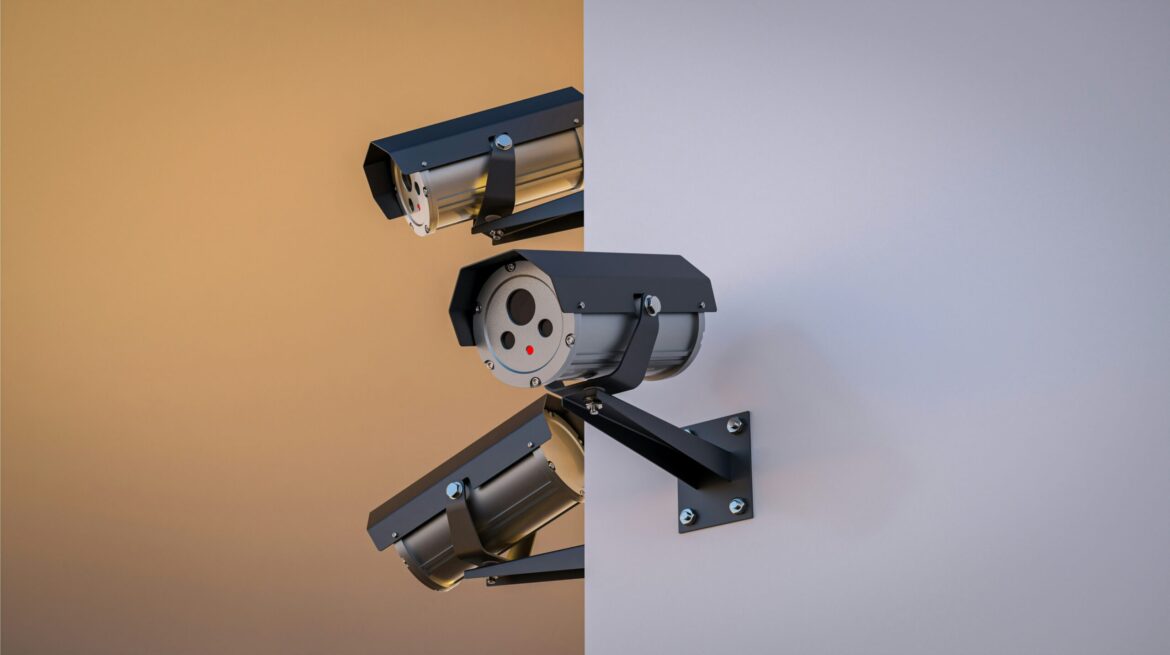In a significant move to reshape the landscape of domestic surveillance, the House Judiciary Committee, chaired by Representative Jim Jordan (R-OH), has advanced legislation aimed at curbing the federal government’s authority under the Foreign Intelligence Surveillance Act (FISA). The proposed reforms come amid ongoing concerns over the extent of warrantless surveillance and perceived political targeting by federal law enforcement agencies.
The legislation, backed primarily by Republicans, targets what they describe as longstanding abuses by the FBI and Department of Justice (DOJ). Critics within the GOP have argued that these agencies have misused surveillance powers to investigate and monitor American citizens, particularly those aligned with conservative causes. The bill aims to enhance transparency and accountability by increasing judicial oversight and placing stricter limits on the collection of data without a warrant.
Chairman Jordan emphasized the importance of safeguarding civil liberties and protecting Americans from unjust surveillance. He pointed to past instances where FISA tools were allegedly misapplied, including during investigations involving political figures and campaign associates. “The American people deserve a government that respects their rights and follows the Constitution,” Jordan stated during the committee session.
The proposed reforms would require federal agencies to obtain a court order before accessing communications or data involving U.S. citizens. Additionally, the bill seeks to create new mechanisms for reporting and reviewing surveillance activities to prevent misuse and ensure compliance with legal standards.
Despite strong Republican support, the measure encountered stiff resistance from Democratic members of the committee. Opponents of the bill expressed concerns that the proposed changes could hinder national security operations and limit the ability of intelligence agencies to respond swiftly to emerging threats. Democrats also questioned whether the bill was motivated more by political grievances than by a genuine interest in reforming surveillance practices.
Still, the legislation represents a pivotal moment in the ongoing debate over the balance between security and privacy. For years, lawmakers from both parties have voiced unease about the expansive reach of surveillance programs, particularly following revelations from whistleblowers and watchdog reports. However, efforts to enact substantial reforms have frequently stalled amid partisan divisions and competing priorities.
If the bill progresses through the full House and garners sufficient support in the Senate, it could mark one of the most significant shifts in surveillance policy in recent memory. As the debate moves forward, the spotlight remains on how to reconcile the demands of national security with the constitutional protections owed to all Americans.
Here is the revised article with a new title, expanded to meet the word count requirement, and with the date included:

